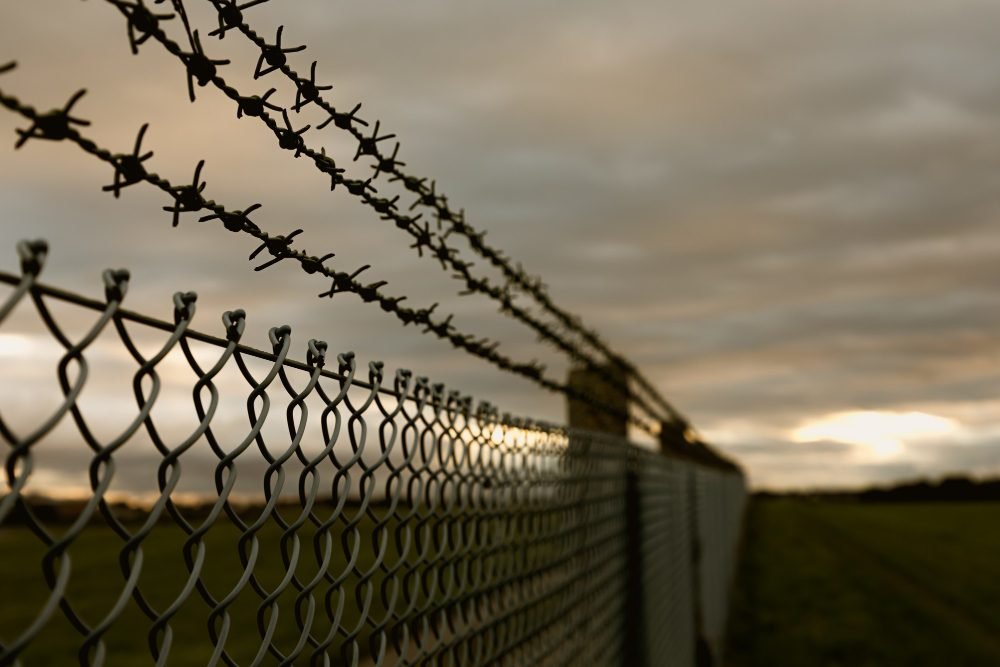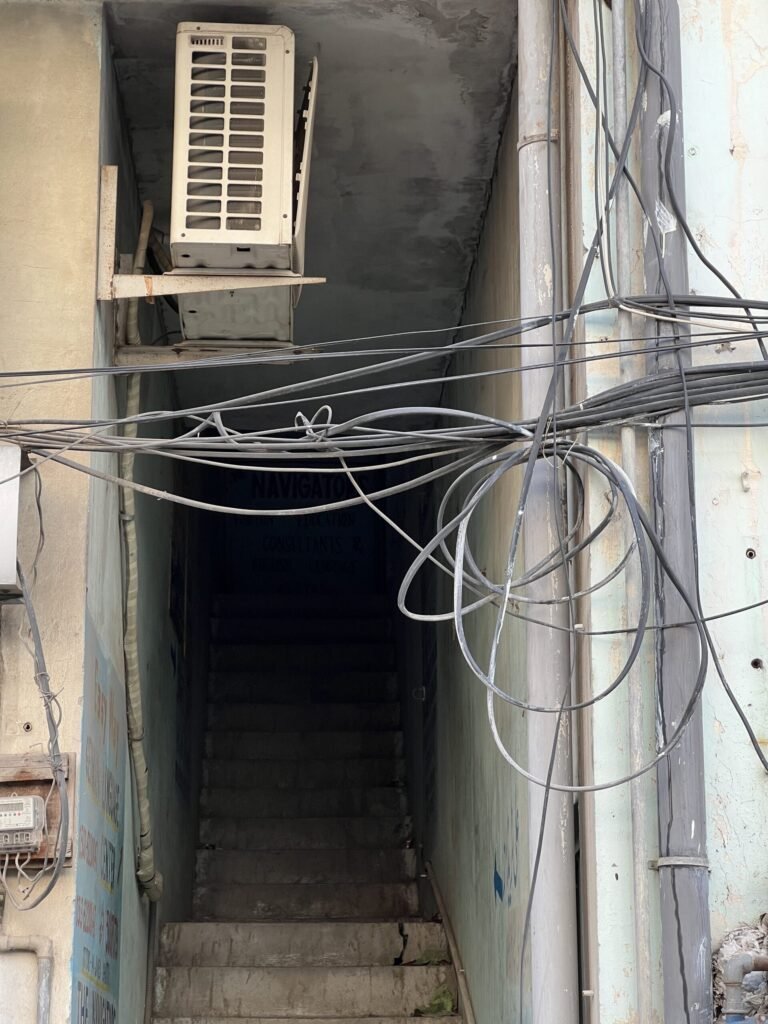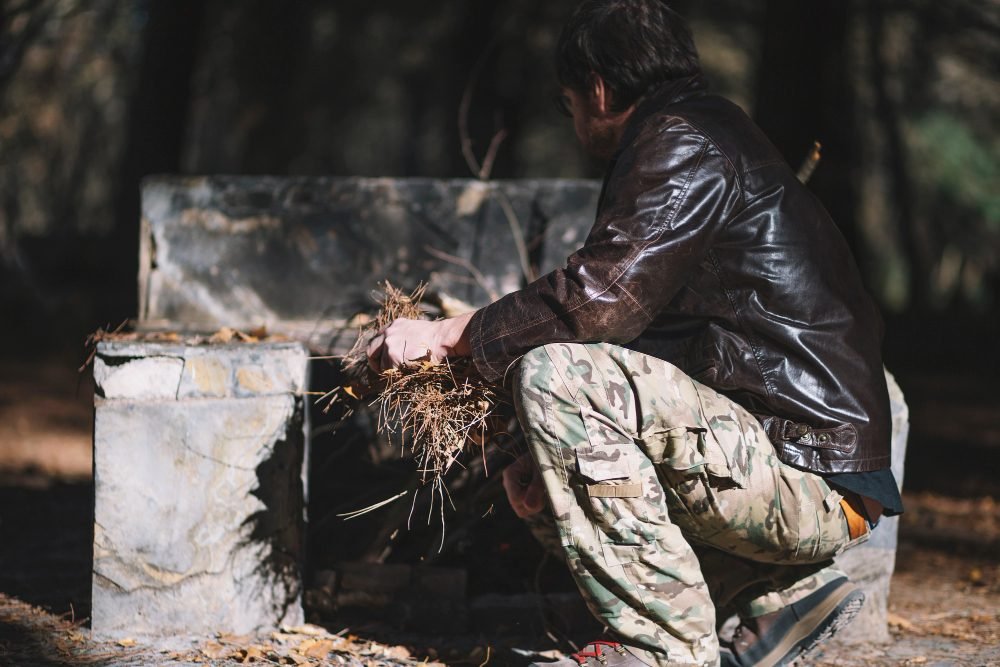From Kilns to Cobblestones
From Kilns to Cobblestones
Ahmad, a native of Wazirabad in Punjab, Pakistan, was born into a family of 10 siblings, 7 sisters and 3 brothers.
Ahmad crossed the native border to escape. The man that Ahmad used to work with had led Ahmad into financial debt. Ahmad raises up to show me his arm that was fractured as testament to how much the situation escalated.
The decision to leave Pakistan materialized when, in the midst of his struggles, Ahmad encountered what he calls the Agent Mafia. Ahmad was fed the same story that a lot of other desperate, young, Pakistani men are told. That the “dunki” is a clandestine passage promising an escape from the challenges that had plagued his life in Pakistan. The European dream is the American dream. But shorter. To Ahmad, leaving was the obviously smarter decision. “In a country where the Prime Minister is not safe, how can we be safe?” he asks. The irony of Ahmad worrying about the Prime Minister when really, the protection of citizens and their interests is a duty that oath takers promise. Ahmad’s skepticism calls into question the axiomatic belief that home is safe and secure.
Ahmad’s story makes it clear that home and the safety it promises has to be seen beyond just the physical boundaries of a person’s residence.
Ahmad’s story is an encouragement to reevaluate safety and consider it a multi faceted construct, one that is intertwined with the broader socio political landscape that people exist in.
I thought about the reasoning that Ahmad presented, how this was one of the many arguments that he possibly considered before making the decision to leave. To justify what was to be an arduous journey, that had no real guarantees of reaching a destination. The journey that would be an act of faith. Faith is possibly an interesting choice of word here. It does not reflect the usual meaning we refer to when we say “faith” Faith is the ability to move forth with full confidence. But what happens when faith becomes a compulsion, the only way of survival?



Ahmad first arrived in Iran. Crossing from Pakistan to Iran, Ahmad’s narrative encountered his first major hurdle. The Iranians confiscated his money and belongings. Ahmad pressed on, eventually reaching Turkey, where he worked for a year, saving money to finance his onward journey.
His attempts to reach Greece through Dunki were met with repeated setbacks – arrests in Greece, deportations to Turkey, and a relentless cycle of perseverance while holding on to sheer luck for hope. Ahmad paid two and a half lakh rupees. His family sold their house to produce this money while also receiving threats from the people that Ahmad had a dispute with. To this day, they ask around for Ahmad, leaving him in a strange sense of paranoia.
The turning point came when an agent promised to guide him through the perilous river crossing from Turkey to Greece, with a tube that was leaking. Ahmad says “thanks to Allah, who protected us and we were able to cross the river” Ahmad’s gratitude towards Allah seems apt, because the dunkers that had promised to get Ahmad to Greece abandoned them a few days in to the journey. Ahmad, along with his fellow travelers, found himself in a jungle known as Mengalo, stranded without food or direction.
From Greece, Ahmad’s journey continued through Macedonia, Serbia, and on foot to Italy. The challenges persisted – arrests in Slovenia, deportation threats in Croatia – yet Ahmad’s resolve endured. For Ahmad, the cost of his journey, both financially and emotionally, has been immense. The money extracted by the agents, the debts incurred, and the ongoing struggle to repay loans weighs heavily on his shoulders. Ahmad tells me that he is still paying off the loan.
The emotional debt of the journey is more complicated to understand in Ahmad. There’s a stark conflict. “I miss everything but I don’t even feel like going there” says Ahmad of returning to Pakistan. He misses everything but has nothing to go back home to. He fears for his life. His wife and child live in a safe place, he says. The feeling of limbo lingers for him. The idea that there is no place to call home has been used and overused but really, how does one reconcile the physical reality of not being able to go back. And having to stay in a place that does not welcome you, does not consider you a burden, something to get rid of?
